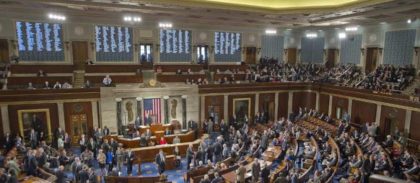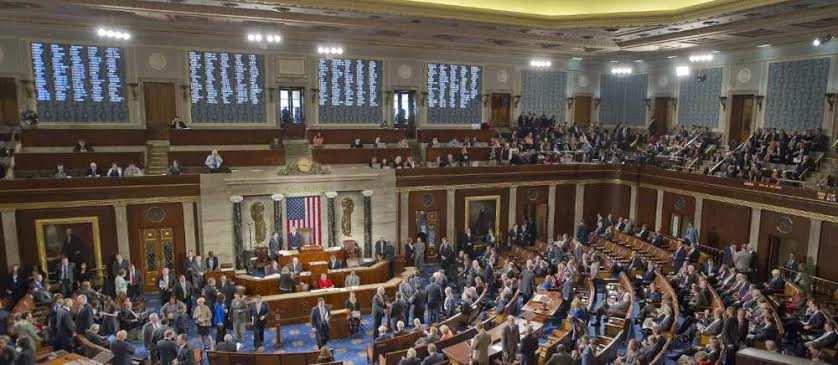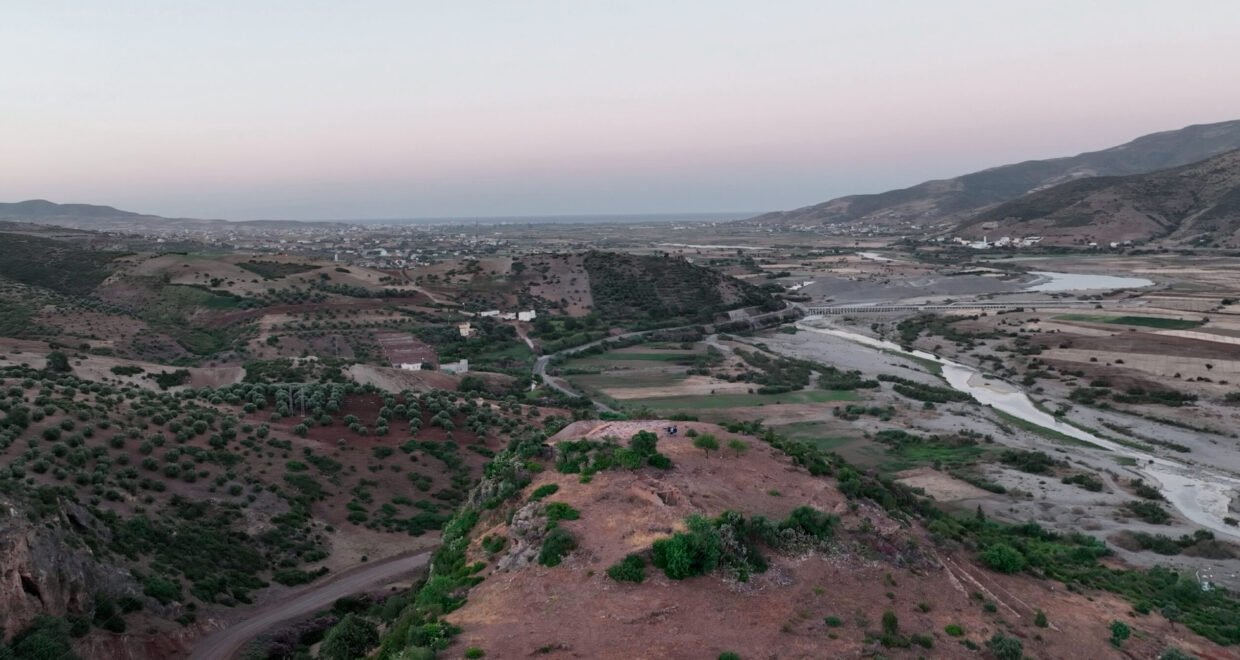 After Morocco expressed concerns last month that the US State Department’s 2016 human rights report contained factual errors and misrepresented the Kingdom’s efforts in that area, a bipartisan group of Members of Congress have voiced support to this response as being legitimate.
After Morocco expressed concerns last month that the US State Department’s 2016 human rights report contained factual errors and misrepresented the Kingdom’s efforts in that area, a bipartisan group of Members of Congress have voiced support to this response as being legitimate.
In a letter sent to President Obama last Thursday, the 16-member group hails Morocco as Washington’s “strongest and oldest friend in a very important part of the world,” and urges “greater visibility” for Morocco’s role in promoting stability and development in the region, as well as the country’s progress on human rights.
“We are concerned that recent developments in our strategically important alliance with Morocco need to be made a higher priority and that our support for Morocco’s signal achievements, including on human rights, and the important role it is playing to enhance stability and development in the region, needs to be given much greater visibility in our public statements about this critical bilateral relationship with one of our oldest and most trusted partners,” the letter signatories pointed out.
The Congressmen recalled in their letter that “Morocco is the only country in the region to have established with the United States, since 2006 and at the request of Morocco, an on-going dialogue on human rights that is intended to be an open forum for objective and constructive engagement on these issues.” This cooperative process aims at exchanging information intended to resolve issues throughout the year and contribute to the accuracy of the annual report.
“We commend this process and would hope that it brings a positive contribution,” the letter reads, recalling the centuries-old alliance between the two countries and their “common battle against ISIL and other forms of terrorism” at present.
“Morocco shares our values and aspirations for the region and has been a model in promoting stability through substantial reforms,” the signatories stated.
Morocco had expressed its anger and utter rejection of the contents of the US Department 2016 Human rights report regarding the situation of human rights in the North African country.
In a première, the Moroccan Foreign Affairs Ministry summoned US ambassador Dwight Bush in Rabat for a meeting with Junior Foreign Minister, Nasser Bourita, and the Head of the Moroccan Intelligence agency, Mohamed Yassine Mansouri.
During the meeting, the Moroccan officials raised three specific cases cited in the State Department report, proving “manipulation and blatant factual errors.”



